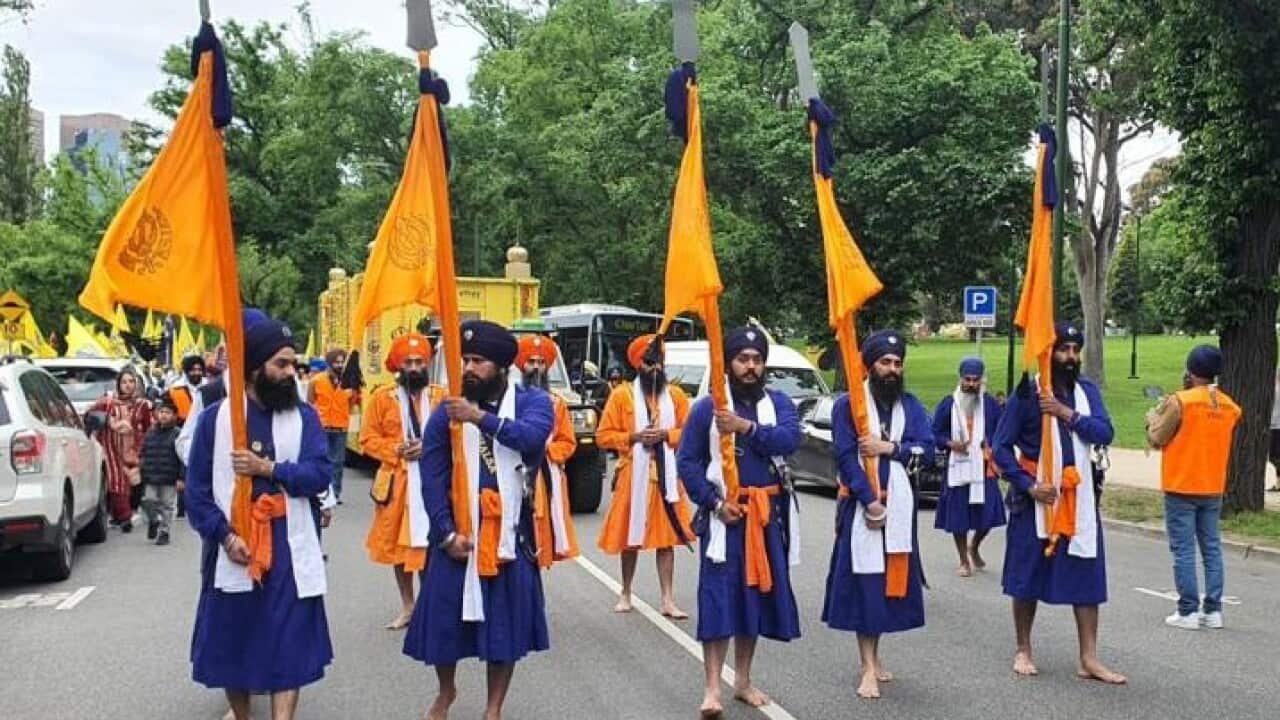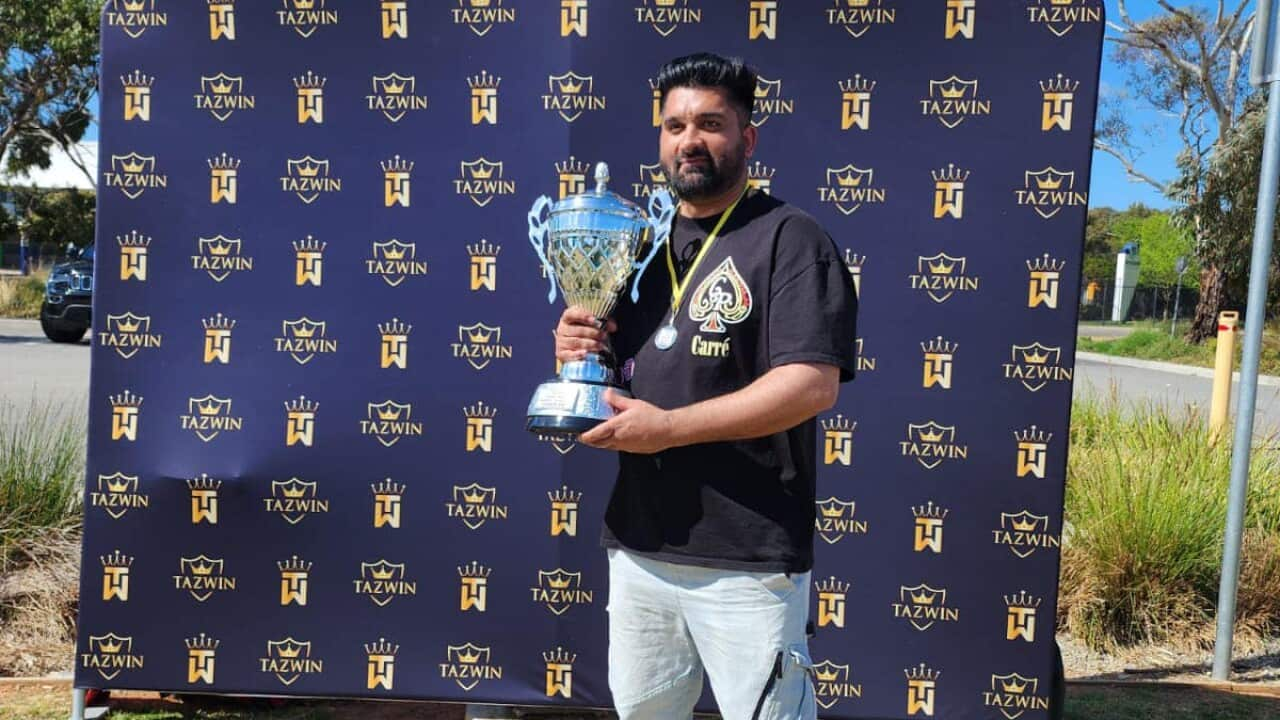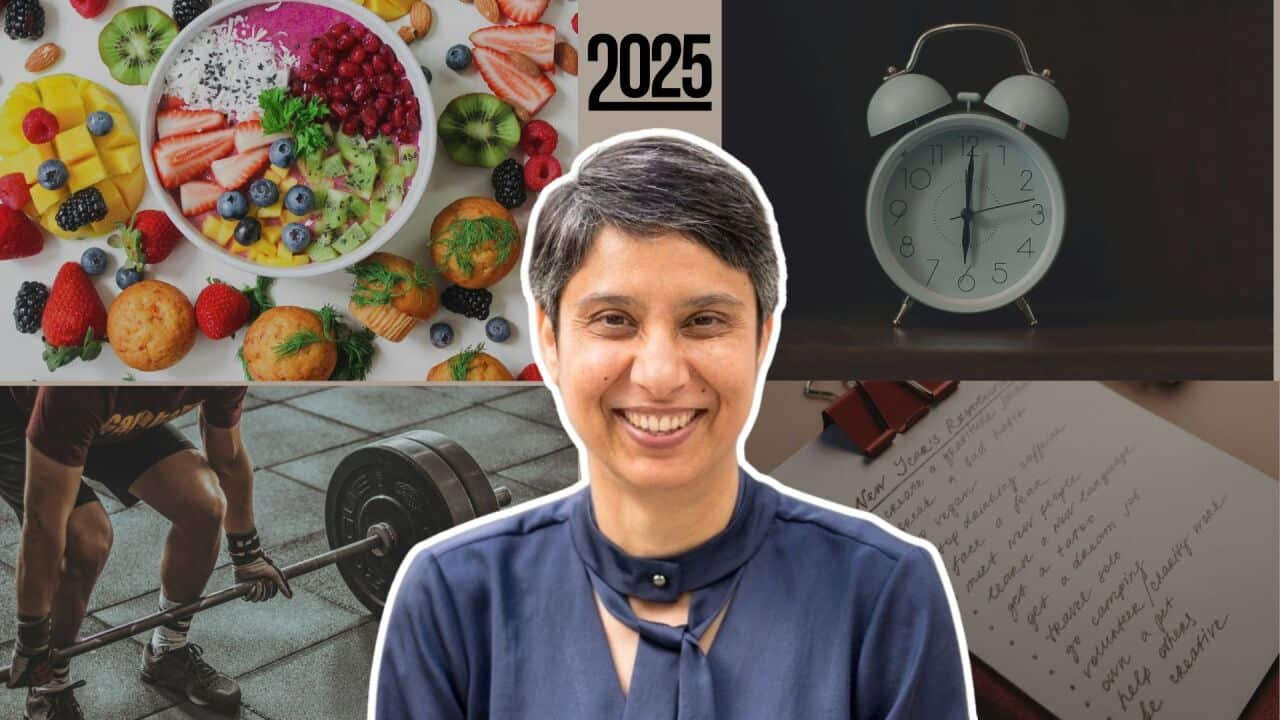Key Points
- 'Khalistan referendum' is a non-binding and non-governmental referendum.
- The referendum has been organised by US-based group Sikhs for Justice.
- The unofficial referendum has received mixed response from community members in Australia.
US-based group Sikhs for Justice (SFJ) has announced that voting for the Australian chapter of the Punjab independence referendum will be held at Federation Square in Melbourne on 29 January.
Melbourne’s Ravi Inder Singh, a representative of the Miri Piri Gurudwara (Sikh temple) and a supporter of the referendum, said the voting exercise, dubbed the 'Khalistan referendum', will be a significant step towards ‘self-determination’ for millions of Sikhs around the world.

Ravi Inder Singh, representative, Miri Piri Gurudwara, Melbourne Credit: Supplied
Mr Singh said the main goal of the referendum is to seek a consensus among Sikhs to establish a separate homeland within India and to determine the extent of the demand for this separatist state that will be known as Khalistan (land of the pure).

Members of Australia's Sikh community were in attendance at a press conference organised by the Sikhs for Justice and Punjab Referendum Commission in Melbourne on 18 January 2023. Source: SBS
“India is criminalising every step that Sikhs are taking for the liberation of Punjab, and they are calling the 'Khalistan referendum' illegal and an act of terrorism,” he said while appearing through a web link.

Australia is home to nearly 209,000 Sikhs, accounting for 0.8 per cent of the total population, according to the 2021 census. Source: SBS / SBS Punjabi/Shamsher Kainth
While they account for a sizeable proportion of the population Down Under, they do not wield as much political power or demographic dominance enjoyed by Sikhs in Canada.
Commenting on the 'Khalistan referendum' in Australia, a spokesperson for the Department of Foreign Affairs and Trade (DFAT) said Australia values diversity and inclusion, respects the right of individuals to engage in peaceful protest and supports the non-violent expression of views.
As the Foreign Minister has said previously, the Indian diaspora are valued and important contributors to our vibrant and resilient multicultural society.Spokesperson, Department of Foreign Affairs and Trade
“The Australian Government will continue to work closely with faith leaders to promote community harmony,” a DFAT spokesperson said in a statement to SBS Punjabi.
The Indian High Commission in Canberra has also been contacted for comment.

Picture from a car and truck rally in Melbourne on 10 December 2022.
What is the 'Khalistan referendum'?
The referendum has been organised by the US-based organisation and advocacy group Sikhs for Justice (SFJ), which was founded in 2007.
In 2018, espousing the Khalistan cause, SFJ announced the 'Khalistan referendum' under the leadership of its co-founder and legal advisor Gurpatwant Singh Pannun.
The referendum seeks to establish a consensus among Sikhs to establish a separate homeland within India, which will be known as Khalistan.
The SFJ has proposed that this be achieved by carving out the north Indian state of Punjab, parts of Haryana and Himachal Pradesh, and several districts of Rajasthan and Uttar Pradesh.
The organisation has said that once a consensus is reached, they would approach the United Nations and other international bodies with their demand to establish Punjab as a ‘nation-state’.
The voting in the referendum, which began in October 2021, has so far been held in the UK, Switzerland, Italy and Canada.
The SFJ claims that thousands of Sikhs across these four destinations have voted on the question, ‘should Indian-governed Punjab be an independent country?'
Prior to launching the referendum, the SFJ worked to seek justice for the victims of the anti-Sikh riots in November 1984.
The organisation was, however, banned by the Indian government in 2019 under its Unlawful Activities (Prevention) Act.
While banning the organisation, the Indian Ministry of External Affairs stated that “in the garb of the so-called referendum for Sikhs, SFJ is actually espousing secessionism and militant ideology in Punjab, while operating from safe havens on foreign soils and actively supported by inimical forces in other countries.”
Support and opposition for the campaign in Australia

Keynote speakers at the 'Khalistan referendum' press conference in Melbourne on 18 January 2023. Source: SBS
SBS Punjabi reached out to many prominent Sikh representative organisations and their leaders, but a majority declined to comment.
Gurvinder Singh, the national director of the United Sikhs, who chose to comment on the referendum, said the fundamental principle of a democratic country is the freedom it allows for people to practice their faith and their voice to be heard in a peaceful manner.
“As Australians, we exercise our right in local and national elections, and this is similar in that it will give Sikhs the ability to exercise our right to allow our voice to matter, to count and to be tabulated. And this ability to freely exercise one's rights is a major reason for many Sikhs seeking refuge in Australia,” he said in a statement to SBS Punjabi.'
As momentum is picking up ahead of the vote, pro-Khalistani flags and posters have surfaced at gurudwaras (Sikh temples) and across northern and western suburbs in Melbourne.
While many posters feature the late Sikh separatist leader Jarnail Singh Bhindranwale, some of them also display pictures of Satwant Singh and Kehar Singh, who were involved in the killing of the former Indian prime minister Indira Gandhi in October 1984.

Amar Singh, community representative and president of the Turbans 4 Australia
“Voting to a referendum is a democratic right and a way to determine what Sikhs want in terms of a separate state. You don’t necessarily have to vote yes. You can also cast a vote against it,” he said.
There is also a fairly large portion of the community that is against the referendum.
A prominent community representative from Sydney, Yogesh Khattar, said there is no place for a Sikh separatist agenda in the Australian political or social landscape.
“The Khalistan issue has no place in Australia. Those who want to further this movement, must go to India and hold talks with the Indian government. I don’t understand their motive behind disrupting peace and bringing attention to this issue in Australia,” he said.

A still from the Harmony Walk organised by the Victorian Sikh Gurduaras Council (VSGC), where pro-Khalistani flags and slogans were raised in Melbourne on 19 November 2022.
“We do not have any view on your questions, as it is not related to the Hindu faith. It is to be noted that the referendum has no relevance in Australia.”
Meanwhile, in separate incidents, two Hindu temples were vandalised with anti-Indian graffiti in Melbourne in the span of five days.
While the incident at the Shri Shiva Vishnu temple in Carrum Downs took place on 16 January, the Swaminarayan temple in Mill Park was defaced with similar graffiti on 12 January.
Condemning the attack, the HCA urged Australian authorities to act against those who defaced the temples.
“Religious vilification is unacceptable, and the Hindu Council of Australia condemns this vilification activity and urges the relevant Victorian and Federal Government authorities to take stern action against the perpetrators and ensure communal harmony in multicultural Australia,” the HCA said in a statement to SBS Punjabi.
It has been alleged that Khalistani supporters were behind the attacks, but these claims have not been verified by the investigating authorities.
Mr Khattar said the community has made efforts to reach out to the relevant authorities urging them to act against the perpetrators to prevent future attacks.
SBS Punjabi has also approached the Consulate General in Melbourne for comment on the recent temple attacks.
What is the Indian government’s stand on the issue?
The Indian government has not yet released an official statement on the ongoing campaign in Australia.
However, ahead of the referendum in Canada’s Ontario province in November 2022, India called on the Trudeau government to ban SFJ and prevent anti-India activities by individuals and groups.
“We find it deeply objectionable that politically motivated exercises by extremist elements are allowed to take place in a friendly country. You are all aware of the history of violence in this regard,” India's Ministry of External Affairs spokesperson Arindam Bagchi told the media late last year.
The government also issued an advisory for Indian nationals and students in Canada to register with the High Commissions of India via an online portal, so that they can connect with them in times of emergency.
Click on the audio icon to listen to the interviews with Ravi Inder Singh, Gurvinder Singh, Amar Singh, and Yogesh Khattar in Punjabi.
LISTEN TO

What is the 'Khalistan referendum' and where does Australia stand on the issue?
SBS Punjabi
20/01/202333:58










